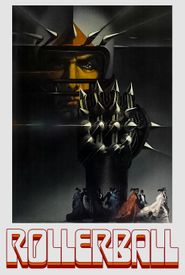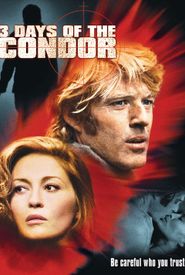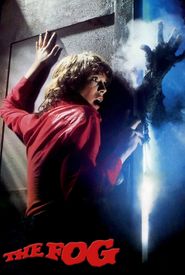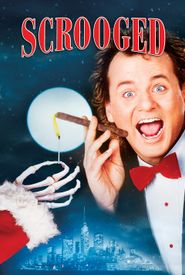John Houseman's legacy in American culture lies not in his own acting career, but rather in his role as a mentor and producer to some of the most influential figures in the industry, including Orson Welles, and in his leadership of the drama division at the Juilliard School.
Born Jacques Haussmann on September 22, 1902, in Bucharest, Romania, Houseman was raised in England and educated there before emigrating to the United States in 1925. He established himself in New York City, where he directed "Four Saints in Three Acts" for the theater in 1934.
Houseman co-founded the Mercury Theatre with Orson Welles, and their most notable production was a modern-dress version of Shakespeare's "Julius Caesar," which used the specter of Hitler and Mussolini's fascist regimes to make a powerful commentary on the dangers of totalitarianism.
As a producer for the Federal Theater Project, Houseman was involved in the production of the controversial musical "Cradle Will Rock," which was banned before its debut but managed to stage one performance. He also directed and produced several other notable productions, including "The Devil and Daniel Webster" and "Native Son."
During World War II, Houseman worked for the Office of War Information, broadcasting radio propaganda for the Voice of America. After the war, he returned to directing and producing, and was involved in the production of several major films, including the 1953 version of "Julius Caesar."
Houseman had a long and distinguished career in film and television, producing and acting in numerous productions, including the Academy Award-winning film "The Paper Chase" in 1973. He won an Academy Award for his supporting role in the film and went on to have a successful career as a character actor, appearing in a wide range of films and television shows.
In addition to his work in the entertainment industry, Houseman was a dedicated teacher and mentor, and he played a significant role in the development of the acting program at the Juilliard School. He wrote three volumes of memoirs, "Run-Through," "Front and Center," and "Final Dress," which provide a detailed account of his life and career.
Houseman died on October 31, 1988, at the age of 86, leaving behind a legacy as a talented producer, director, and actor who made significant contributions to the world of theater and film.

































































